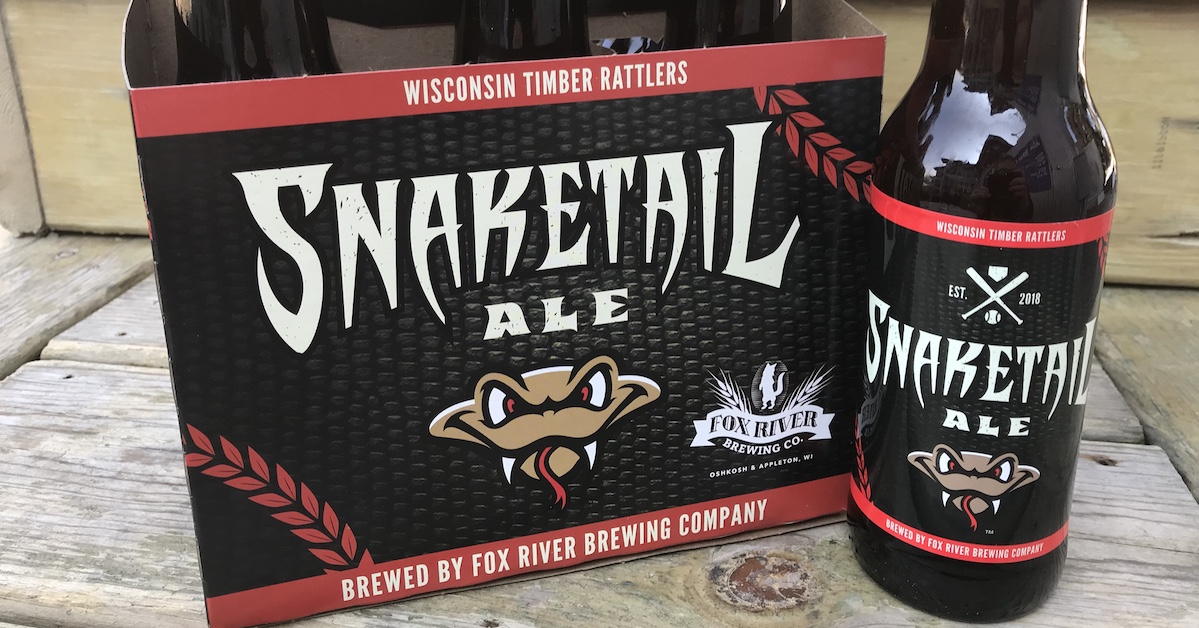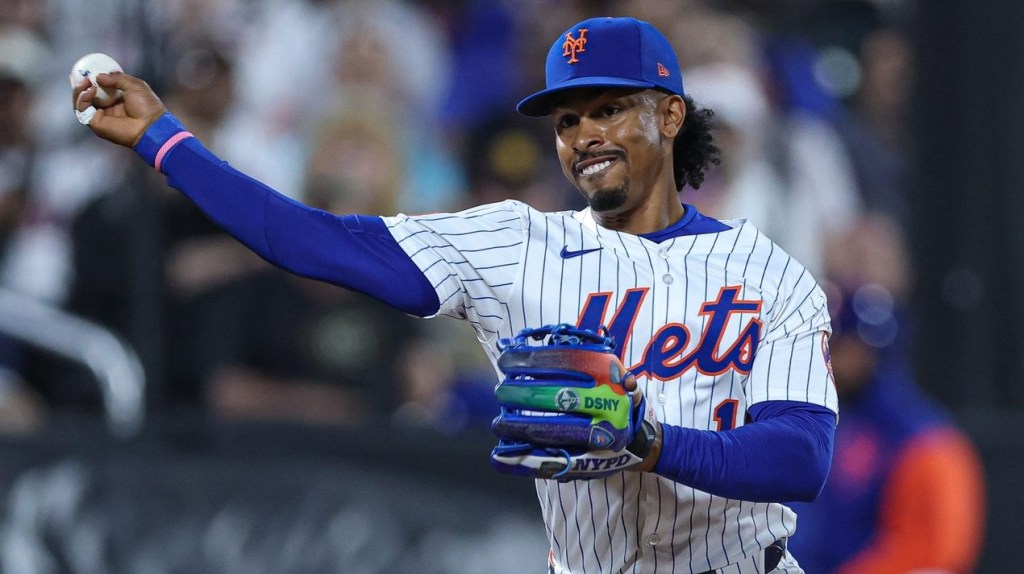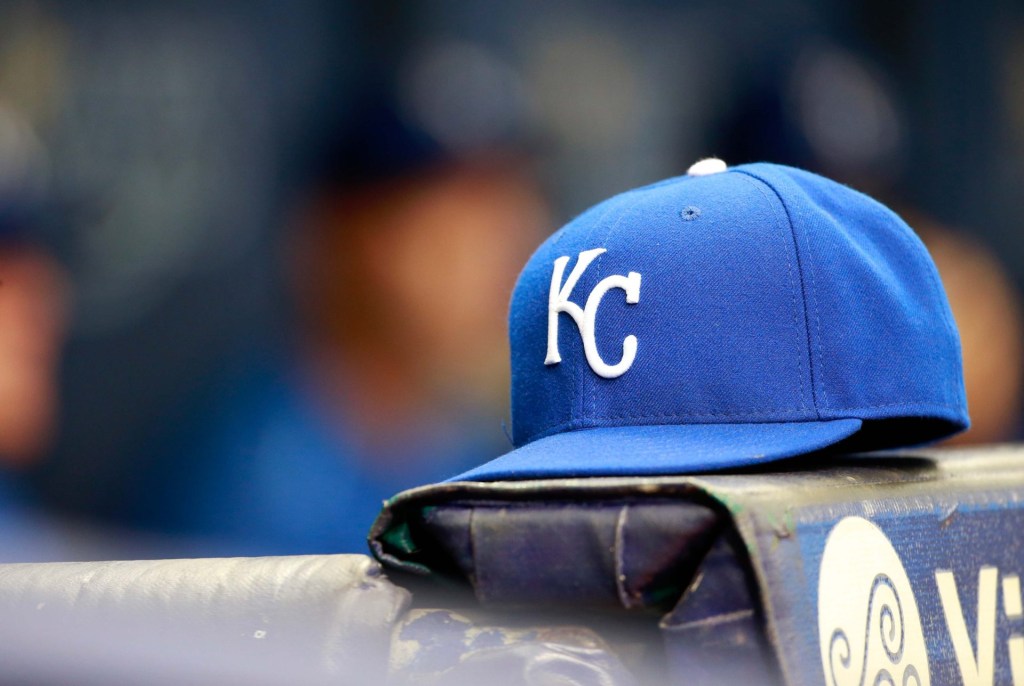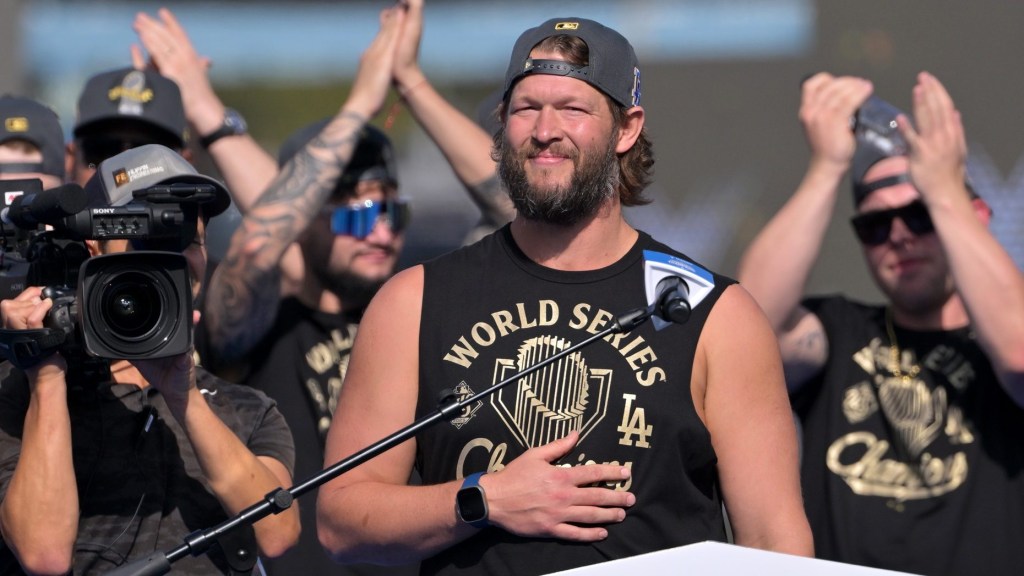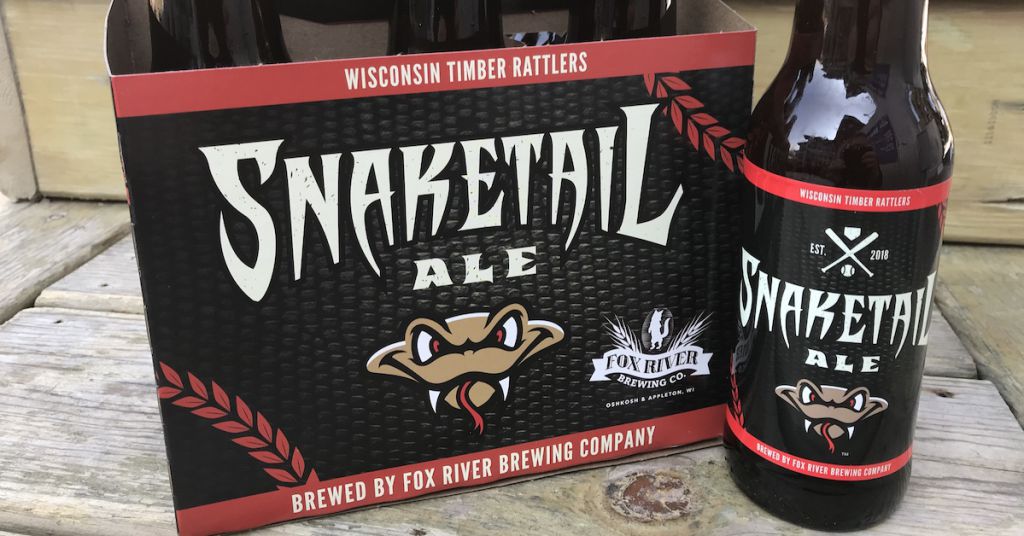
Walk through one of the many beer festivals held across the U.S. and there’s a decent chance a Minor League Baseball hat is making the rounds.
Whether the cap is from the Hillsboro Hops, Beer City Bung Hammers or Carolina Micro Brews, the hat might be on the head of a beer lover purely because of the logo. But there’s plenty of synergies between MiLB teams and the more than 7,400 U.S. breweries and those help explain a growing trend of teams brandishing beer-related logos and nicknames-temporary and permanent-and serving up branded beers.
The small size of most of the nation’s breweries matches up well with small market teams of MiLB, said Bart Watson, chief economist of the Brewers Association. While the craft beer industry has enjoyed a surge in relevance the last decade, growing from 1,521 breweries in 2008 to 7,346 last year and now makes up 13.2% of the beer market by volume, competition has become stiff, so breweries are looking to gain an advantage when they can.
“The size of the smaller markets match better with the marketing budgets of Minor League Baseball,” Watson said. “It makes sense from a marketing perspective since teams are always trying to find a deeper local connection and the same goes for breweries.”
The beer and baseball partnerships also pull together the mixture of America’s past time with America’s favorite beverage, Watson said. Wisconsin teams exemplify the match well, anchored by MLB’s Milwaukee Brewers, but goes down to the lower levels as well, like the Single-A Wisconsin Timber Rattlers.
The Timber Rattlers have had a strong connection to Fox River Brewing Company since the team’s founding in 1995, said Rob Zerjav, the team’s president and general manager. The partnership kicked it up a notch this season when they released Snaketail Ale.
“They had had some success with a one-off beer in the winter and we thought maybe we could do a Timber Rattlers beer and they liked the idea,” Zerjav said. “We wanted a reddish, amber, easy-drinking beer. People were excited, it’s Wisconsin, people like their beer.”
For the first six seasons in Hillsboro, Oregon, the Hops partnered with now-defunct Bridgeport Brewing to make Long Ball Ale, a triple-hopped golden ale that team President and CEO K.L. Wombacher said sold six-to-one against any other beer in the stadium. Since Bridgeport’s closing, the Hops have now partnered with one of the nation’s largest independent breweries, Deschutes Brewery, as well as smaller regional operations Crux Fermentation Project and Migration Brewing.
Beer partnerships aren’t a surprise to Wombacher, who said it’s all about teams creating an all-around experience for fans and providing them what they’re looking for.
“We want to be the largest outdoor restaurant in the area,” he said. “It used to be cheap quality and turn-and-burn. Now we’re focusing on the food scene and being a draw for food, and that works perfectly with craft beer.”
But it’s more than just beer partnerships for Hillsboro, as the team has a key ingredient in its name: hops, which add flavor, aroma and bitterness to beer. Hillsboro is a suburb of beer-crazy Portland, and moved from the largest hop-growing region in the world, Yakima, Washington in 2012. The Pacific Northwest, in general, is the hop-growing center of the brewing industry and is rich in beer culture. All those combined for a perfect storm when it came to a name, said Hops President and CEO K.L. Wombacher.
“What sticks out is [a brewer’s] commitment to quality, craft, effort, time, strategy and development that goes into [a beer],” Wombacher said. “Knowing how important that is and how prideful our community is of their beers, as a sports team it was important the name appealed to the culture of the community.
“Plus it lends itself well to baseball: short hop, crow hop. Everything came together.”
It also spoke to the larger beer community across the country. Within months of announcing the name and hop logo in late 2012, Wombacher said the hat had shipped to all 50 states.
Beyond branded beers and beer-related logos and nicknames, the Durham Bulls kicked it up a notch by opening a brewery within the team’s Athletic Park. The decision was spurred by a real estate development project by the team’s ownership group, Capitol Broadcasting Company. That development included a craft brewery, said Mike Birling, Bulls vice president of baseball operations. The team opened Bull Durham Beer Company in 2015 in a concourse space behind home plate.
“When we were doing that and understood how fast the industry was growing, we tried to figure out how to take advantage of that,” Birling said. “For us, we could have gone the route of a branded beer, but we try to take things to the next step so instead of partnering with a brewery, we said, ‘Let’s start one.’ So we did.”
While the team sold off the brewery earlier this year, the brewery still brews in the space. It also provides team staff with the smells of the brewing process and a variety of beers available even during the offseason. Aside from the brewery, the Bulls serve up more than 70 beers on gameday, Birling said.
READ MORE: UC Davis Athletics to Reap Benefits of Co-Branded Beer
The trend of putting more styles of beers on tap in ballparks could ultimately help the beer industry attract more customers, Watson said.
“Baseball teams are trying to bring in a new audience and brewers are too,” he said. “There’s likely some percentage of people who will want to try the beer because it’s there who wouldn’t try it otherwise.”
Prior to releasing Snaketail Ale, the Timber Rattlers served up a Leinekuegels special beer, but the company – owned by MillerCoors – used that recipe for a variety of branded beers, so it didn’t stand out as truly the team’s own. Now with Fox River, Snaketail Ale can be found on tap locally at pubs and packaged in stores.
“It’s brand recognition,” Zerjav said. “Everyone is looking for something unique and the breweries themselves, too, stand out if they can jump on with a local team. It’s a win-win.”
There also have been a number of partnerships between professional sports teams and some of the nation’s larger craft breweries, like Great Lakes Brewing becoming the official craft beer of the Cleveland Indians.
READ MORE: Crawford Bock Brings Beer and Baseball Together for Astros
Like most things in the world, it’s all cyclical too. Prior to rebranding as the Wisconsin Timber Rattlers, the Appleton, Wisconsin-based Midwest League team was the Appleton Foxes, which served up Basebrau, a beer made in partnership with Stevens Point Brewery from 1978-1980 – a period when the nation was at its historic low in number of breweries.
“When we were in our infancy, it was definitely Miller and Bud,” said Zerjav, who started as an intern with the team in 1997. “But maybe it’s the heritage, Wisconsin and beer. People still ask about Basebrau.”
